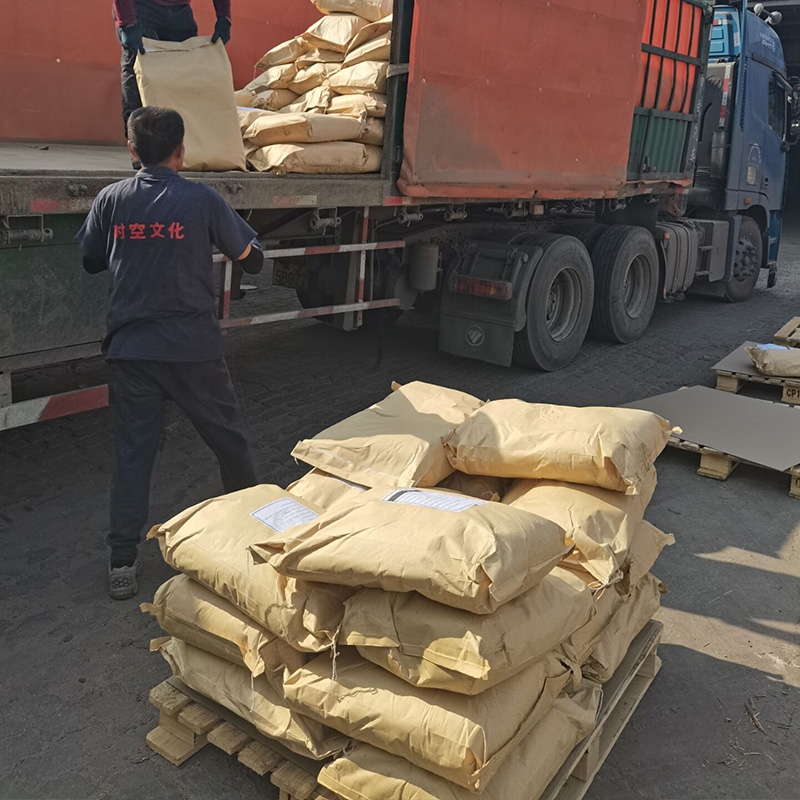-
Categories
-
Pharmaceutical Intermediates
-
Active Pharmaceutical Ingredients
-
Food Additives
- Industrial Coatings
- Agrochemicals
- Dyes and Pigments
- Surfactant
- Flavors and Fragrances
- Chemical Reagents
- Catalyst and Auxiliary
- Natural Products
- Inorganic Chemistry
-
Organic Chemistry
-
Biochemical Engineering
- Analytical Chemistry
-
Cosmetic Ingredient
- Water Treatment Chemical
-
Pharmaceutical Intermediates
Promotion
ECHEMI Mall
Wholesale
Weekly Price
Exhibition
News
-
Trade Service
In yesterday’s "Weekly Medical Questions" column, we pushed the latest issue of NEJM Knowledge+ Question of the Week
.
【Weekly Doctors】Asymptomatic bacteriuria in patients with long-term indwelling catheterization, what is the most appropriate treatment? Today, we announce the answer
.
Do you see the answer? Of course, answering right is not the goal, but mastering the essentials and expanding knowledge is the kingly way
.
Answer: No treatment.
Key learning points: For patients with long-term indwelling catheters, when urine culture shows pan-sensitive E.
coli >100,000 CFU/mL and there are no symptoms, the best treatment is not to treat
.
Knowledge expansion Asymptomatic bacteriuria is seen in almost all patients with long-term indwelling catheters, even if urinalysis shows pyuria, no treatment is needed
.
Screening for asymptomatic bacteriuria has not been recommended by the guidelines
.
Although bacteriuria increases the risk of symptomatic urinary tract infections, treatment of asymptomatic bacteriuria does not reduce the frequency of future symptomatic urinary tract infections or improve other outcomes
.
The only groups that benefit from asymptomatic bacteriuria screening and treatment are pregnant women and patients who receive invasive urinary tract treatment and cause mucosal bleeding
.
【Weekly Medical Questions】will continue to be updated
.
What do you want to see or learn? Please tell us through the comments and look forward to your precious comments and suggestions
.
Reference 1.
Hooton TM et al.
Diagnosis, prevention, and treatment of catheter-associated urinary tract infection in adults: 2009 international clinical practice guidelines from the Infectious Diseases Society of America.
Clin Infect Dis 2010 Feb 23; 50: 625.
2 .
Nicolle LE et al.
Clinical practice guideline for the management of asymptomatic bacteriuria: 2019 update by the Infectious Diseases Society of America.
Clin Infect Dis 2019 May 2; 68:e83.
Copyright information -Med) and the New England Journal of Medicine (NEJM) jointly created "NEJM Frontiers in Medicine" translation, writing or commissioning
.
The Chinese translation of the full text and the included diagrams are exclusively authorized by the NEJM Group
.
If you need to reprint, please leave a message or contact nejmqianyan@nejmqianyan.
cn
.
Unauthorized translation is an infringement, and the copyright owner reserves the right to pursue legal liabilities
.
.
【Weekly Doctors】Asymptomatic bacteriuria in patients with long-term indwelling catheterization, what is the most appropriate treatment? Today, we announce the answer
.
Do you see the answer? Of course, answering right is not the goal, but mastering the essentials and expanding knowledge is the kingly way
.
Answer: No treatment.
Key learning points: For patients with long-term indwelling catheters, when urine culture shows pan-sensitive E.
coli >100,000 CFU/mL and there are no symptoms, the best treatment is not to treat
.
Knowledge expansion Asymptomatic bacteriuria is seen in almost all patients with long-term indwelling catheters, even if urinalysis shows pyuria, no treatment is needed
.
Screening for asymptomatic bacteriuria has not been recommended by the guidelines
.
Although bacteriuria increases the risk of symptomatic urinary tract infections, treatment of asymptomatic bacteriuria does not reduce the frequency of future symptomatic urinary tract infections or improve other outcomes
.
The only groups that benefit from asymptomatic bacteriuria screening and treatment are pregnant women and patients who receive invasive urinary tract treatment and cause mucosal bleeding
.
【Weekly Medical Questions】will continue to be updated
.
What do you want to see or learn? Please tell us through the comments and look forward to your precious comments and suggestions
.
Reference 1.
Hooton TM et al.
Diagnosis, prevention, and treatment of catheter-associated urinary tract infection in adults: 2009 international clinical practice guidelines from the Infectious Diseases Society of America.
Clin Infect Dis 2010 Feb 23; 50: 625.
2 .
Nicolle LE et al.
Clinical practice guideline for the management of asymptomatic bacteriuria: 2019 update by the Infectious Diseases Society of America.
Clin Infect Dis 2019 May 2; 68:e83.
Copyright information -Med) and the New England Journal of Medicine (NEJM) jointly created "NEJM Frontiers in Medicine" translation, writing or commissioning
.
The Chinese translation of the full text and the included diagrams are exclusively authorized by the NEJM Group
.
If you need to reprint, please leave a message or contact nejmqianyan@nejmqianyan.
cn
.
Unauthorized translation is an infringement, and the copyright owner reserves the right to pursue legal liabilities
.







